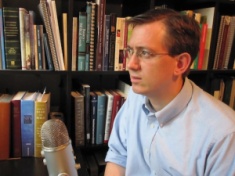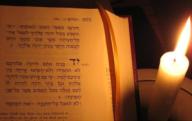Philemon used to be covered with Philippians and Colossians, and consequently, it went ignored. (Do you remember the last time Philemon came up in Gospel Doctrine?) However, Philemon merits our close attention. It’s short and it offers a great discussion point for something really relevant and important. So, I’ll go long on Philemon (and the bottom has some old-post leftovers about Philippians and Colossians.) Continue reading



 I presented a short paper at the Joseph Smith Papers conference a few weeks ago, a spin-off from my Genesis 1 manuscript. (I presented an expanded version at the
I presented a short paper at the Joseph Smith Papers conference a few weeks ago, a spin-off from my Genesis 1 manuscript. (I presented an expanded version at the 










Recent Comments